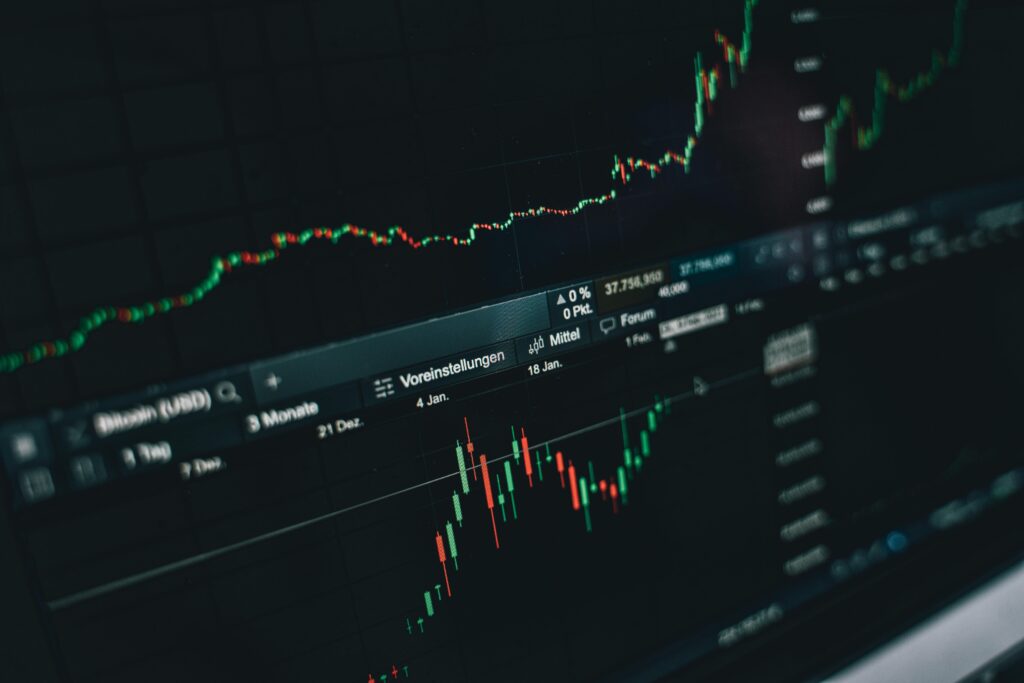Global interest rates remain a chief concern as the financial markets react to recent developments. Former President Trump’s latest tariff announcements have stirred significant market activity, fueling volatility in forex markets as well as uncertainty around global economic strategies.
Impact of Global Interest Rates on Forex Markets
The global interest rate fluctuations can significantly impact forex trading, particularly in times of economic uncertainty driven by political actions. President Trump’s proposed 25% tariff on Apple products not produced domestically, along with a 50% tariff on European Union imports starting June 1, underscores his administration’s aggressive trade policy. This policy shift is likely to influence global interest rates as countries adjust their monetary strategies in response to U.S. moves.
Trump’s announcements caused Apple’s shares to fall for the seventh consecutive session, highlighting the broader economic implications of tariff policies. These developments mirror previous tensions with China, where tariffs reached as high as 145% before a temporary reduction. As negotiations unfold, global interest rates are watched closely by investors trying to navigate the complex forex trading landscape.
Market Reactions and Policy Responses
The forex market reacted sharply to the news, with the U.S. dollar declining against major currencies including JPY, CHF, and CAD. The Dow Jones, S&P 500, and Nasdaq Composite all registered declines due to heightened concerns over the proposed tariffs and their potential economic impact.
The Federal Reserve’s response to these developments is crucial. According to Chicago Fed President Austan Goolsbee, consistent policy is essential for businesses dealing with these new challenges. He indicated the possibility of stagflation if tariff-driven uncertainties persist, suggesting potential delays in interest rate adjustments.
Challenges for Forex Traders
Global interest rates are of particular interest to forex traders who must anticipate how these developments will affect currency valuation. Forex markets are also sensitive to inflation expectations, which are influenced by current macroeconomic policies. St. Louis Fed President Musalem noted business expectations of rising costs could pressure long-term inflation forecasts.
The Federal Reserve appears cautious, prioritizing hard data over forecasts, as emphasized by Kansas City Federal Reserve President Jeffrey Schmid. The uncertainty stemming from tariff discussions is likely to remain a pressing issue, with rate cuts expected to be data-driven rather than prediction-led.
In international markets, crude oil saw a modest decline while gold experienced its most significant weekly gain since early April, reflecting shifting investor sentiments amid the forex turmoil.
Currency performance also reflected the turmoil, with the U.S. dollar posting losses across major forex pairs, as detailed by ForexLive.
Outlook and Conclusion
Global interest rates remain a key indicator in this climate of economic upheaval. As countries respond to U.S. trade policies, changes in interest rates are expected to have extensive implications for the forex market. Traders must stay informed on these developments to adapt their strategies effectively.
In summary, the current global financial landscape is influenced heavily by political decisions, with potential ripple effects on global interest rates and the broader forex market. For a deeper understanding, visit trusted sources like Bloomberg to stay updated.
At Bakara Invest, our analysis suggests that global interest rates will have far-reaching effects on forex volatility, necessitating vigilant market monitoring for successful trading outcomes.
For more Forex market insights, visit our Forex News Section.
